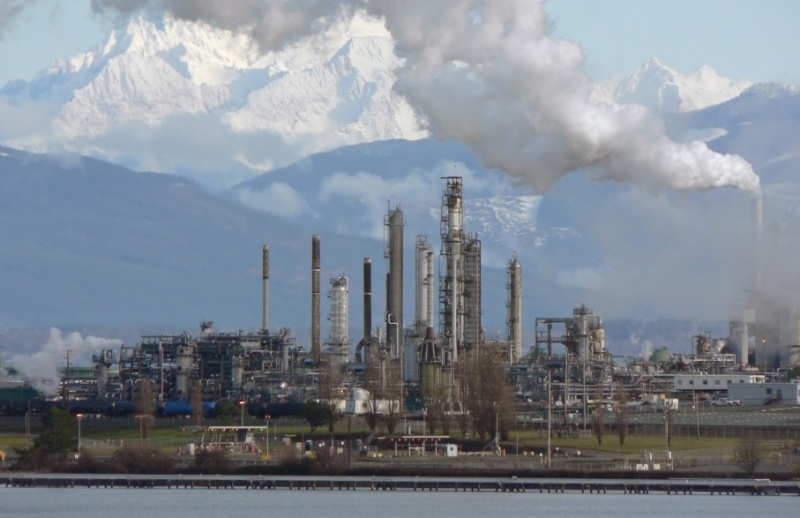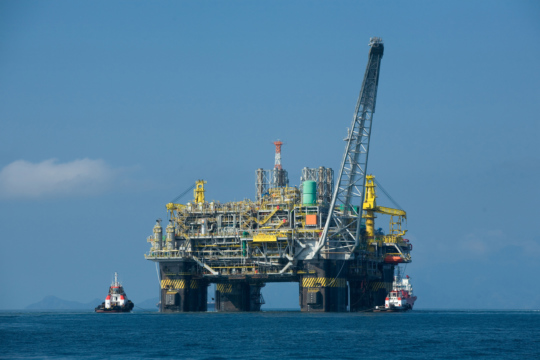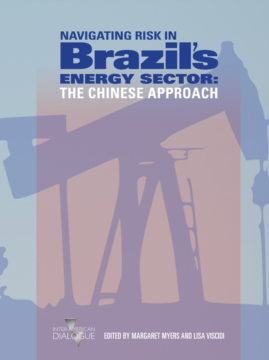Is the US Likely to Engage with Cuba on Offshore Drilling?
Will Cuba be able to safely regulate its oil industry?
The Inter-American Dialogue hosted a group of the industry’s leading experts for a workshop on refining markets in the Americas, part of our series on the impact of the North American oil boom on Latin America, in cooperation with the Inter-American Development Bank.
The Dialogue's Lisa Viscidi moderated the exchange. Additional commentary was provided by Ramón Espinasa of the Inter-American Development Bank (IDB), John Galante of Energy Security Analysis Inc. (ESAI), Jorge Piñon of the University of Texas in Austin, Jed Bailey of Energy Narrative and Paul Isbell of Johns Hopkins School of Advanced International Studies (SAIS).
With oil demand declining, the United States, previously the world’s largest oil product importer, has become the number one exporter. And Latin America -- a region facing growing demand and a widening deficit of refining capacity – has become the main destination for US oil product exports. Workshop participants discussed what these trends mean for energy policy in Latin America.
To boost supply of refined oil products, Latin American countries should look at adding refining capacity to meet growing demand. Building new refineries can bring benefits in terms of energy security, improved trade balances, and investment and jobs for the local economy. However, Latin American refiners will struggle to compete with those in the US, which enjoy access to cheap natural gas to power their plants, discounted US crude because of oversupply, and existing infrastructure. Easing the US crude export ban would rebalance the market and make it easier for refiners in other countries to compete, but the outlook on this decision remains uncertain.
Latin American policymakers should also look to curb demand by erasing fuel subsidies – or at least increasing gasoline and diesel prices, raising fuel efficiency standards and upgrading refineries. Promoting alternative transportation, such as electric vehicles, biofuels and better public transportation systems, would also curtail oil demand while reducing climate emissions and pollution.
Findings from the workshop will be incorporated into the Dialogue’s forthcoming working paper on oil product flows and refining capacity in Latin America.
Will Cuba be able to safely regulate its oil industry?
Despite its prodigious petroleum reserves, many countries in Latin America are experiencing declining production. What explains the paradox?
Brazil’s oil and gas and electricity sectors are an important destination for Chinese direct investment.
 Walter Siegmund / CC BY 2.5 / Wikimedia Commons
Walter Siegmund / CC BY 2.5 / Wikimedia Commons

